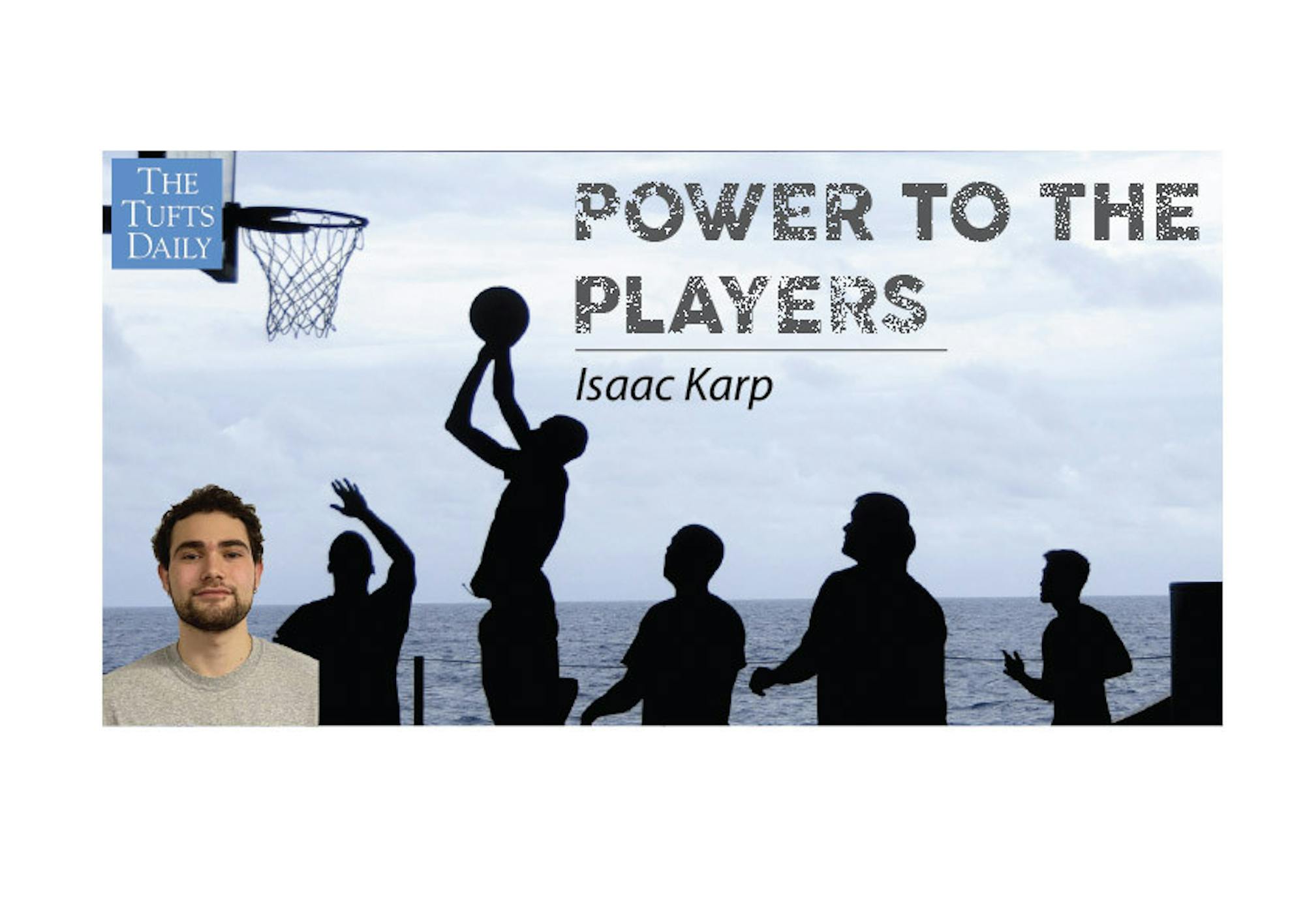On March 11, 2020, the NBA postponed its season after Utah Jazz center Rudy Gobert tested positive for COVID-19. It felt like one of the first dominoes to fall in terms of the end of normality in America. With basketball gone, many NBA players spent their time campaigning for racial equality during the summer's Black Lives Matter protests. Meanwhile, NBA executives were devising a way to finish the season in the hopes of saving some of the lost revenue. Many observers questioned whether a league predominantly made up of African American men would commit to basketball in the face of the issue of police brutality. But when LeBron James said he would play if circumstances permitted, the answer was clear. In the words of Los Angeles Clippers guard Patrick Beverly: “If [LeBron James] said he hooping. We all hooping.” In other words, when James talks, everyone listens.
The NBA set up a bubble in Orlando where players could choose to finish the season, although players remained divided over whether to devote themselves to basketball or the pursuit of social justice. Some players, like former Los Angeles Lakers guard Avery Bradley,considered the bubble unsafe because of the imminent threat of the pandemic. Brooklyn Nets guard Kyrie Irving worried that resuming basketball would sideline issues of racial equality. NBA players became some of the loudest and most influential voices in the campaign to end police brutality. Moreover, leaving for the bubble meant concentrating the majority of players in Florida for three months — isolated from their families and communities.
The athletes resolved their dilemma by demanding the league support them in their work toward social justice. The NBA elected not to enforce the rule requiring players to stand for the national anthem; “Black Lives Matter” was painted onto the courts in large, unmissable letters; and both players and broadcasters were given free rein to voice their opinions about these issues. Utah Jazz guard Donovan Mitchell and Boston Celtics forward Jaylen Brown brought attention to Black Americans who lost their lives to police brutality at every press conference or interview. Many players recounted stories of being profiled or stopped by an officer because of the color of their skin. For a moment, it seemed that a unified group of athletes had kept their promise to amplify the voices of the marginalized.
Then the shooting of Jacob Blake in Kenosha, Wis. almost burst the bubble. Blake was shot seven times in the back from point blank range in front of his children. A video of the shooting was captured by a neighbor and quickly went viral. Without notifying the rest of the league, the Milwaukee Bucks, who play their home games about 40 miles north of Kenosha, did not take the court for their playoff game against the Orlando Magic. George Hill, a guard for the Bucks, summed up the team's reaction when he said, “We shouldn’t have came to this damn place to be honest.”
NBA players in the bubble soon met for a closed-door meeting in order to figure out their next step. Many were frustrated that the Bucks did not give warning before they protested the game because it fractured the look of a unified front. With emotions running high, the two Los Angeles teams voted to boycott the season, and it looked as though the bubble would come to an end.
The players ultimately agreed to finish the playoffs, but the hope for cohesion in the face of injustice had not come to fruition. Some critics argued that bringing the NBA playoffs back had stalled enthusiasm for protests by returning entertainment to the general public. Did the players manage to have it both ways, to play and provide needed distraction amid a harsh pandemic and civil unrest while also advancing the cause of social justice? Clearly, the question of whether players should have continued their season in the bubble is neither straightforward nor simple. But what happened in Orlando will never be forgotten.






